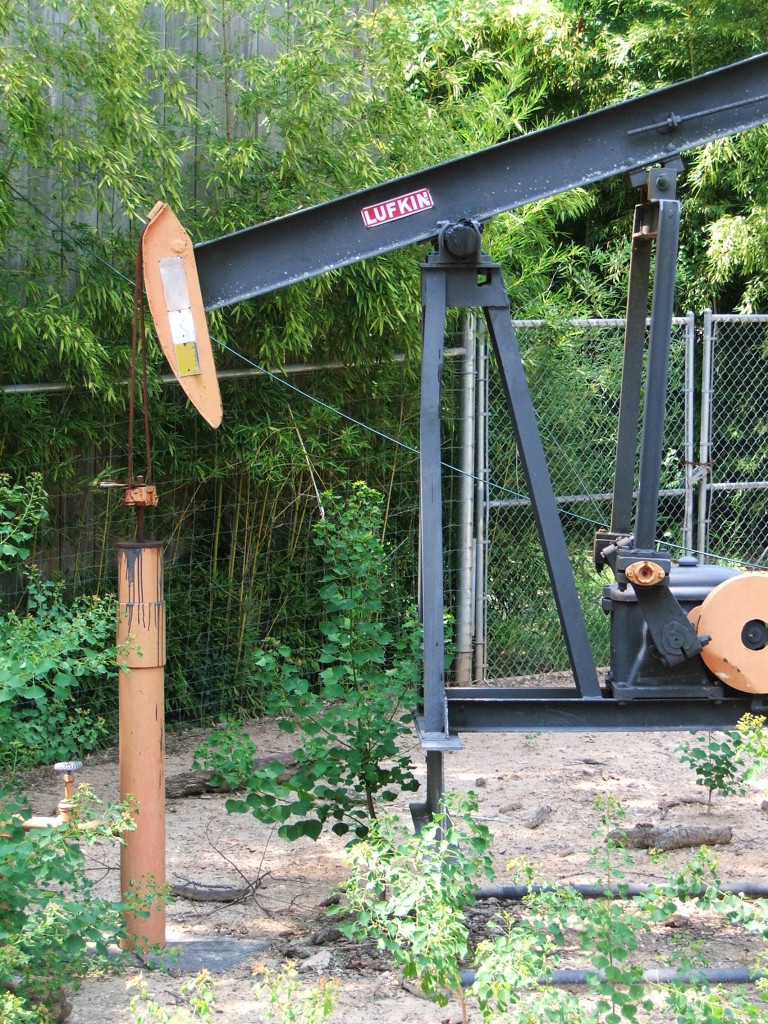In a previous blog post, we talked about how the installation of the oil and gas wells within the state of Ohio has been determined to be centralized under the authority of the Ohio Department of Natural Resources. In fact, a ruling from the Ohio Supreme Court upheld that authority, and indicated that local communities could not legally use their home rule in order to prevent oil and gas exploration and the possibility of hydraulic fracturing in their community.
 There are quite a few arguments why such an arrangement would be beneficial to the development of the oil and gas industry in Ohio, one that provides quite a few employment opportunities. Having a centralized authority streamlines the process, makes sure that various regulatory and environmental requirements are met. Also, it makes sure that the state has a consistent voice in regard to the industry.
There are quite a few arguments why such an arrangement would be beneficial to the development of the oil and gas industry in Ohio, one that provides quite a few employment opportunities. Having a centralized authority streamlines the process, makes sure that various regulatory and environmental requirements are met. Also, it makes sure that the state has a consistent voice in regard to the industry.
However, sometimes having a centralized authority in regard to something that affects local people and regions means local communities can be left without a voice. Some communities within eastern Ohio are trying to change the status quo.
According to an article written by Jamison Cocklin earlier this month in NGI Shale Daily, “more than 100 local and state government officials from across Ohio” have sent a letter to Governor John Kasich asking that he provide support to various initiatives that are designed to help local communities have more control over whether or not hydraulic fracturing can take place in their communities.
While the majority of the communities represented in the letter have had no significant amount of hydraulic fracturing within their communities, they still cite concern about the growing threat that hydraulic fracturing poses to health and environment directly, and the impact that the industry has on the state and environment indirectly. Officials from Columbus, Akron and Cincinnati also signed the letter, citing concerns about growing amounts of oilfield waste and the increase in truck traffic, and maintain that an increase in criminal activities may be influenced by the increase in oil and gas production within the state.
While the connections and concerns cited by those who wrote the letter may be questioned, it would stand to reason that allowing a local community to at least have an influence concerning what businesses operate in their jurisdiction may be a benefit to everyone. The effectiveness of hydraulic fracturing has been well established, but there are still some concerns and questions regarding its safety and environmental impact. Until and even after those concerns have been adequately addressed, it is understandable why local communities would want to have a strong voice in its use.

